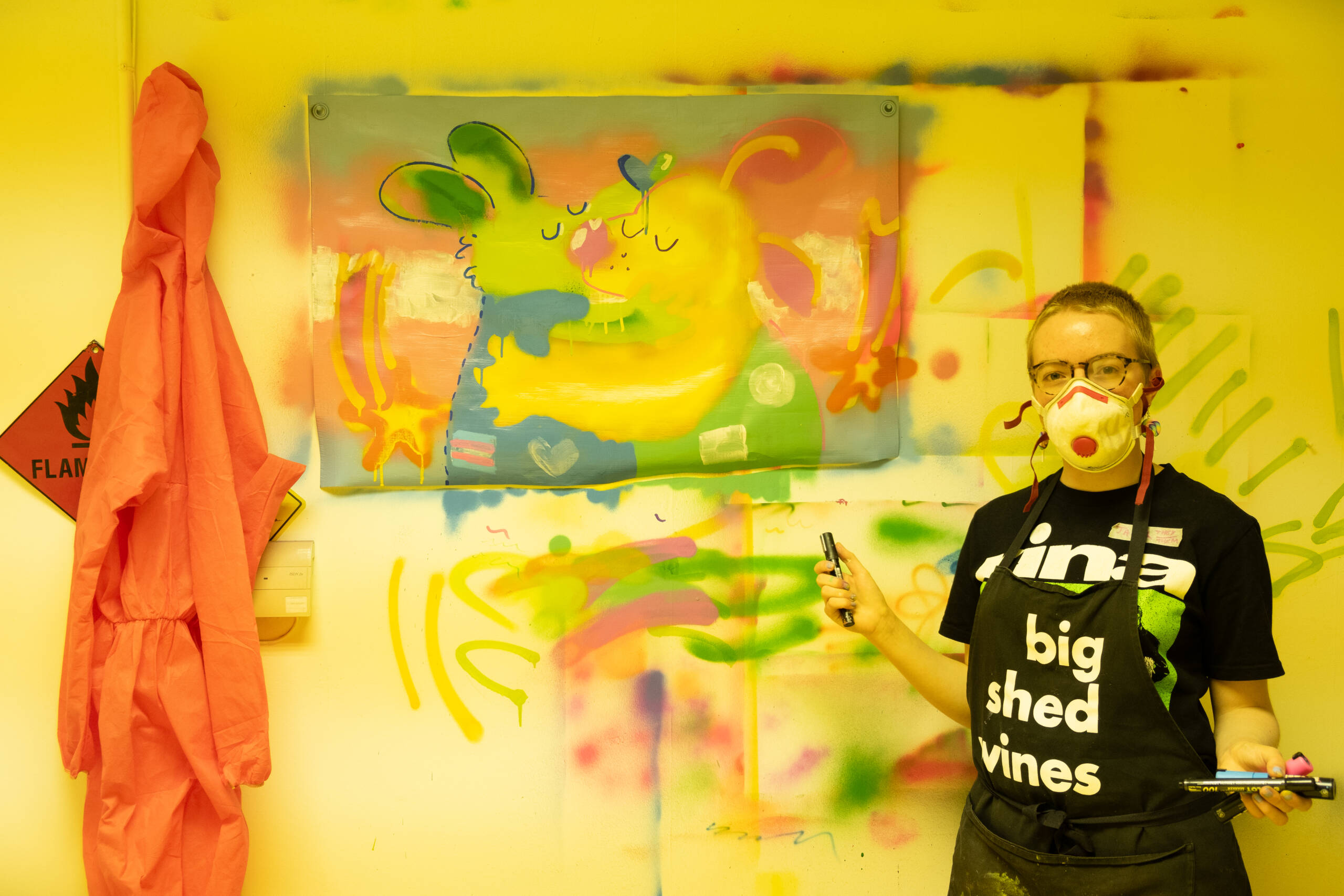
28.09.23

In her role as CULTIVATE storyteller, Lu Kemp has had the unique opportunity to observe and engage with each CULTIVATE project – tasked with documenting and celebrating the stories revealed across each of the communities involved.
In this blog, Lu takes a moment to pause and reflect on the connecting threads between this year’s CULTIVATE commissions, and the ever pertinent reminder of the care, commitment and communication needed to build community and inspire action.
Forget magic, it’s human contact that is needed.
Is the greatest adversary we face today our own convenience? The easy click of the ‘buy it now’ button allows us to have whatever we want in a single tap. We are unburdened from thinking about where it came from or what it cost in real terms to create. We don’t need to go anywhere to get it, it arrives magically outside our door as though through thin air. We don’t even see the person who delivers it, a photo pings through on our phone to tell us it has been delivered. No human contact needed.
So the simplest, fastest, cheapest, and least personal solution becomes our norm. To make a different choice takes time and thought, and the messiness of other people. But every time we make these convenient choices we strengthen a system which forces us to make the same sort of choices again and again, and also – crucially – imposes those choices upon others.
I was struck by this in talking with Heather, one of Angela Gillies’ community artists in Forfar, earlier this year. Heather found herself in a pinch of rising living costs: a hike in rent and utility costs, and a weekly food-bill which had doubled overnight. Whilst Heather’s bills rocketed, her income remained static. She was terrified she couldn’t afford her fuel bill and yet had no choice but to use her car to get to work. The local bus service runs hourly and regularly cancels buses (the scheduled buses magically disappearing from the screens as though they had never existed … that pesky magic at work again). Local ‘Active Travel’ plans are meaningless – without Heather’s work offering showering facilities to their staff, who work in close physical proximity to their elderly residents – Heather cannot choose to cycle. Struggling with bills, it worked out cheaper for Heather to drive to the next town to do her weekly shop than to shop at the local butchers or Co-op.
It is almost as though the system is rigged against Heather shopping locally, using less plastic, using her car less, even against her having conversations with other people.
But Heather fights back.
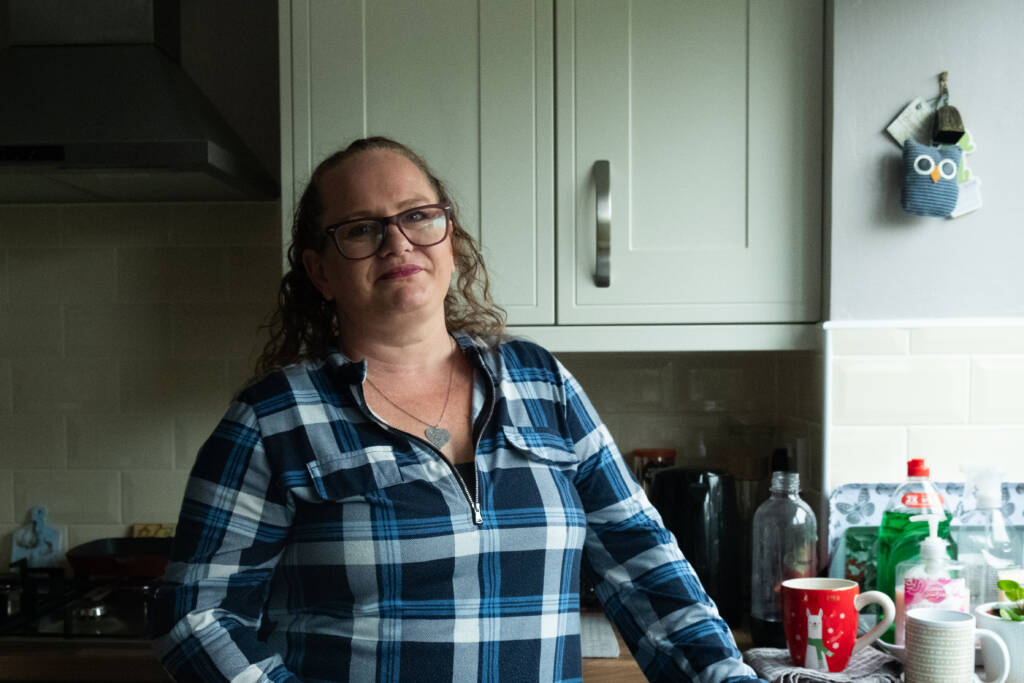
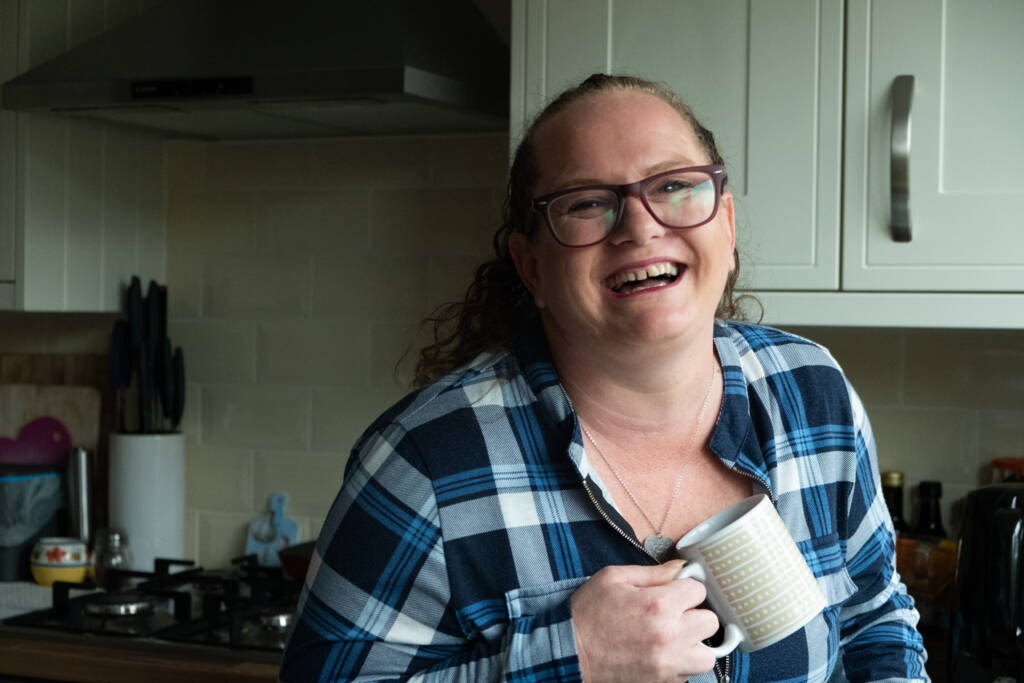
I’ve never seen anyone meet adversity with as much joy as Heather. She organises other people’s weddings, car-boot sales to raise funds for the local rugby club, she builds community in everything she does. When Heather had a health scare recently, there was no social support or financial support to give her the space and time with her family she desperately needed. The only available support was the kindness of others, a community of Heather’s own making that she has worked hard to create.
This care and community building is at work in the practice of the lead artists and their community artists across all the CULTIVATE projects, and it is a powerful act of resistance.
On the High Street in Perth, a vibrant space has popped up. Project Echo, under the light touch of Jaz Grady, has drawn a growing crowd of young people through its doors because it affords them a place to be without judgement. The ethos of come-as-you-are is strong, and whatever you are is warmly received as interesting, specific, and welcome. The space has created its own culture at speed, it is young people who welcome other young people as they stick their heads through the door on a Wednesday or Friday night. They show newcomers the ropes, encouraging them to turn found objects, both ugly and beautiful, into works of art.
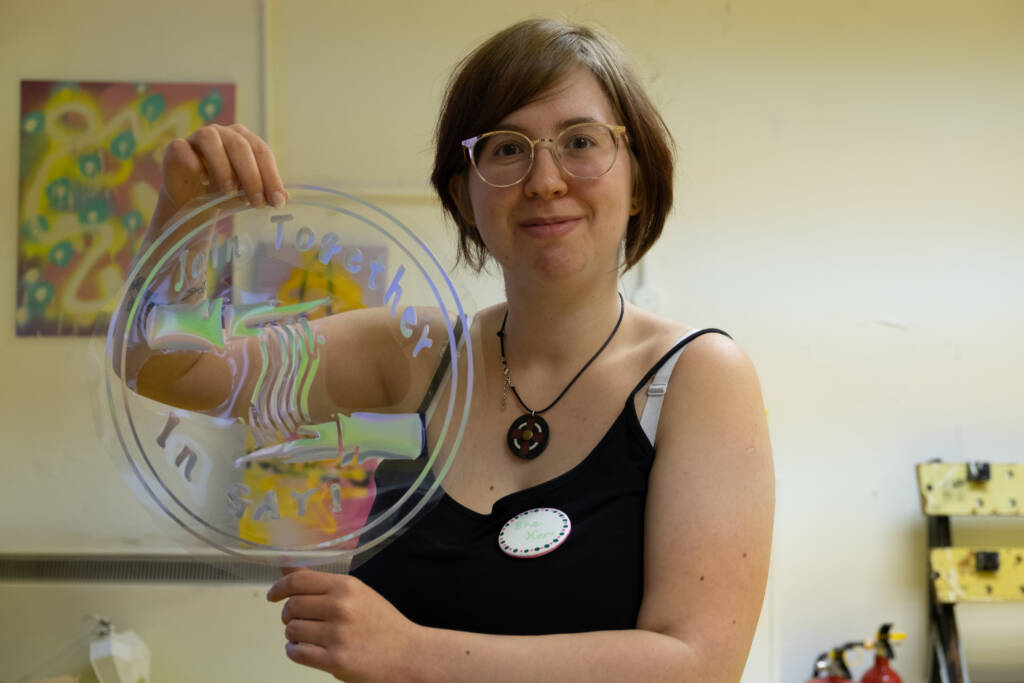
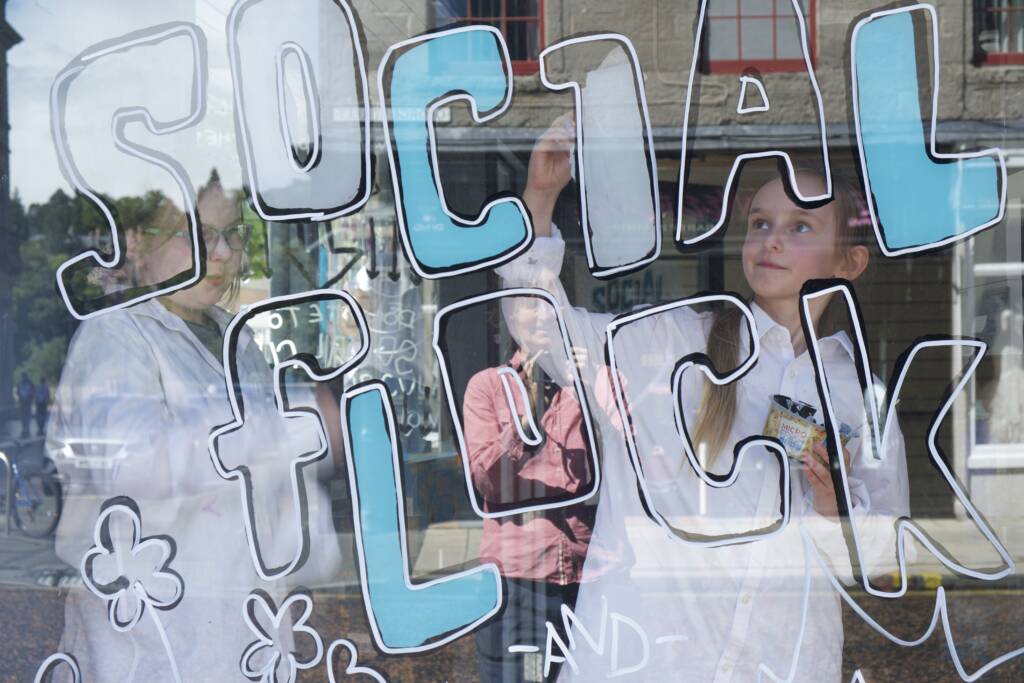
On Hilltown in Dundee, Shona Inatimi creates an intimate space for the people she works with, painting their portraits so they feel seen and heard. Her subjects, in feeling held and cared for, exhibit the same care back again to Shona. The portraits feel powerful, they look at the viewer and meet our eye. The connections Shona is building, and the conversations she has with the women she works with, extend beyond the boundaries of her canvas.
Those connections spread globally through Amadu Khan’s resonant storytelling. Amadu shares stories passed down to him in Sierra Leone. In each of Amadu’s sessions those stories have chimed with participants, whether their ancestral storytelling hails from Scotland or the Ukraine. The participants answer Amadu’s call with a responding story from their own heritage, often built upon resonating thoughts and beliefs. We, time and again, find we have more in common than we think.
In Vinishree Verma‘s sessions the intimate details of family life are shared by a group of women from all over the globe, as they work on art projects together. In her most recent session at Baxter Park the women went out into the park to find fallen leaves to use for printing. The joy of being outside and touching nature vibrated amongst the group, exploding in laughter around the park, and then folding itself back into calm concentration as the women and families worked together; passing between them details of weddings and moves, work found, and new relationships formed.
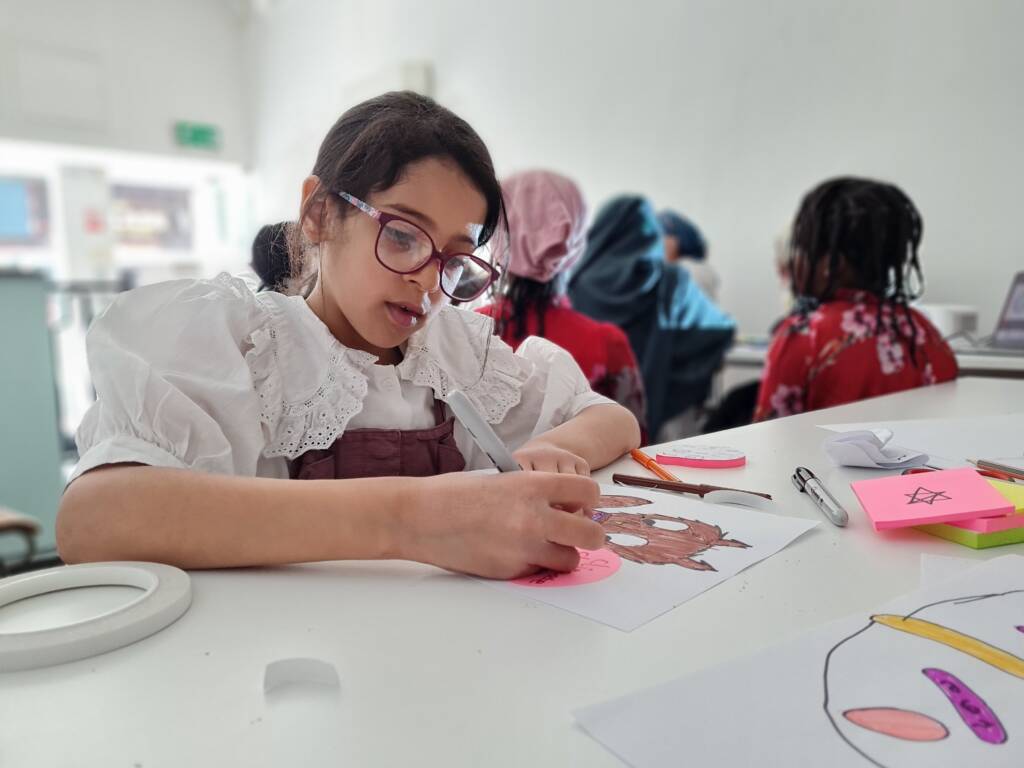
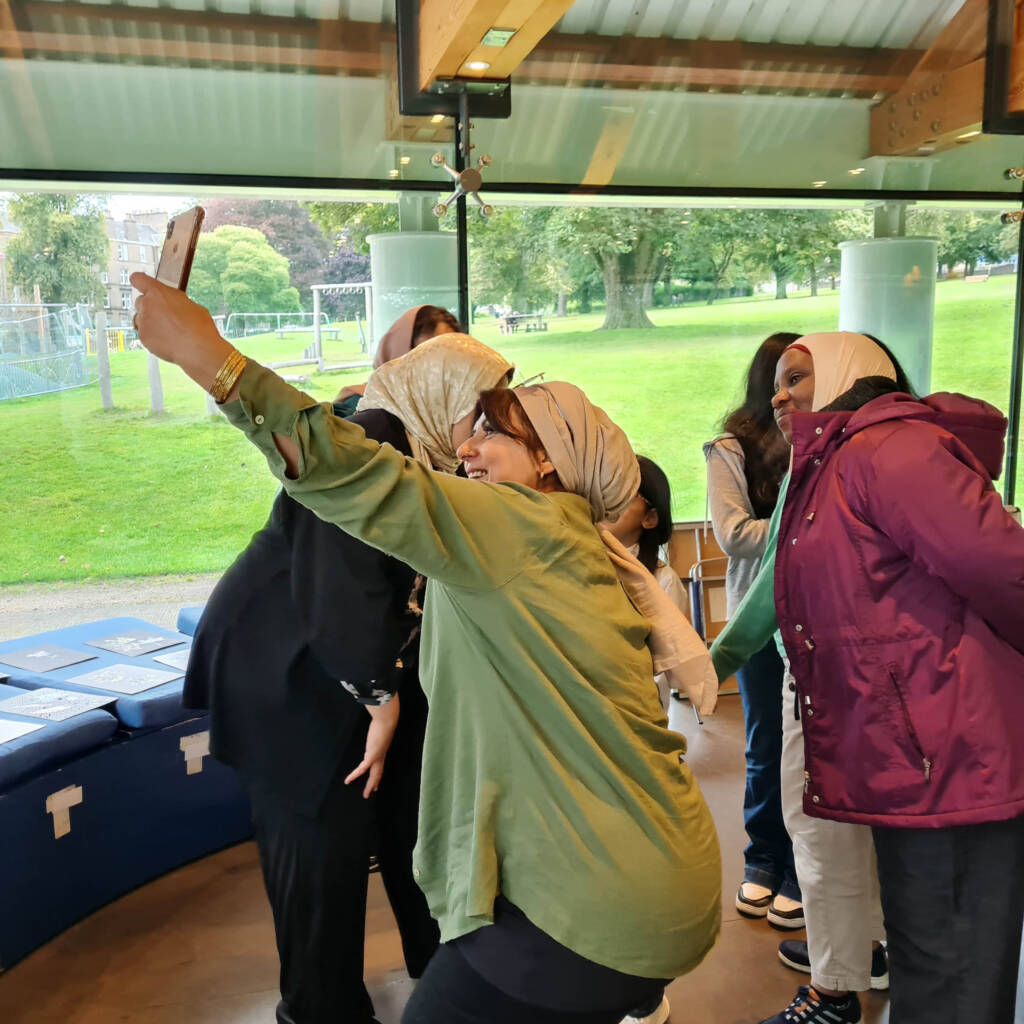
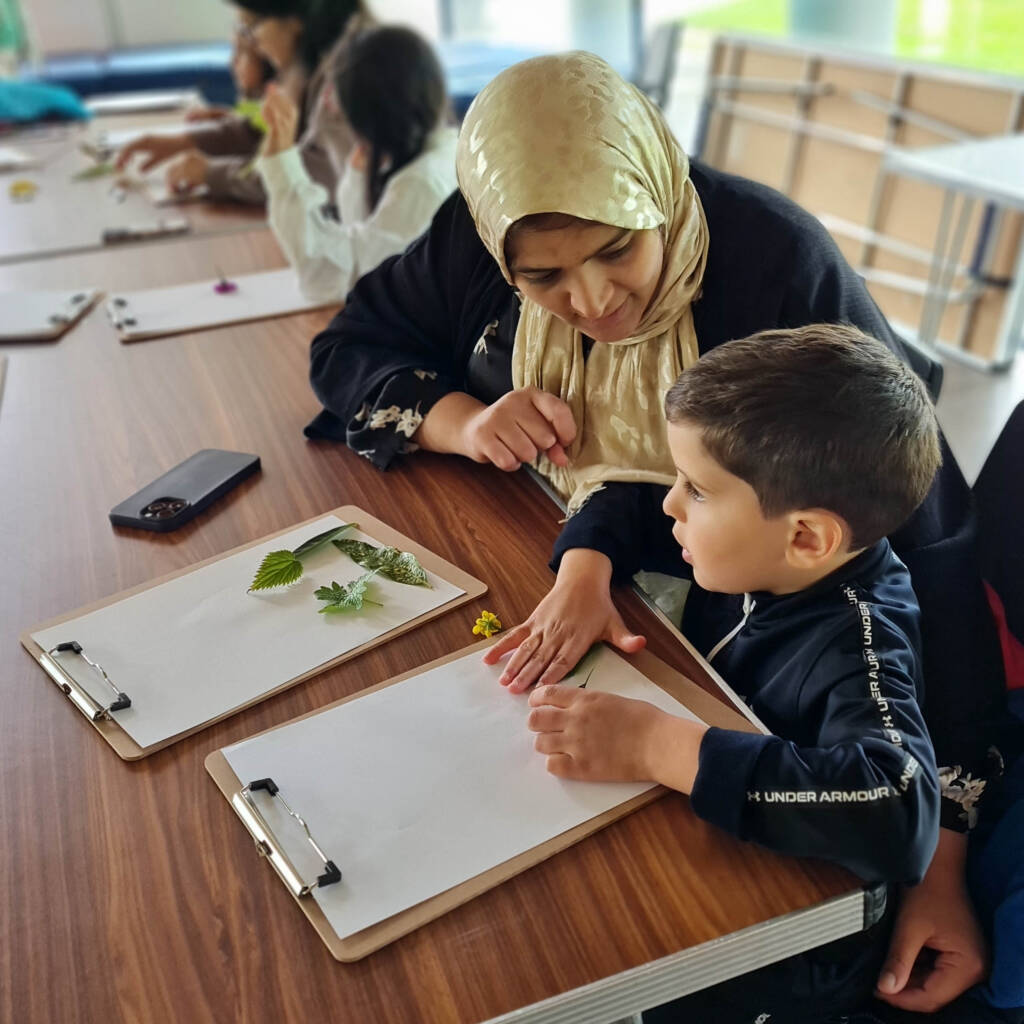
Vinishree asked that we take only what was no longer needed by nature, only what had fallen to the ground. An artist and I fell into talking about the lack of care and respect we usually afford the natural world – how easily we pillage what is not given. Giggling darkly, we imagined what it might be if road signs were nailed to passers-by with the same disregard as we put them into trees, or roads laid over our sleeping bodies. There are organisations who have begun to fight for the rights of nature on an equal footing with human rights – Client Earth amongst them – but it’s not enough to leave this work to others.
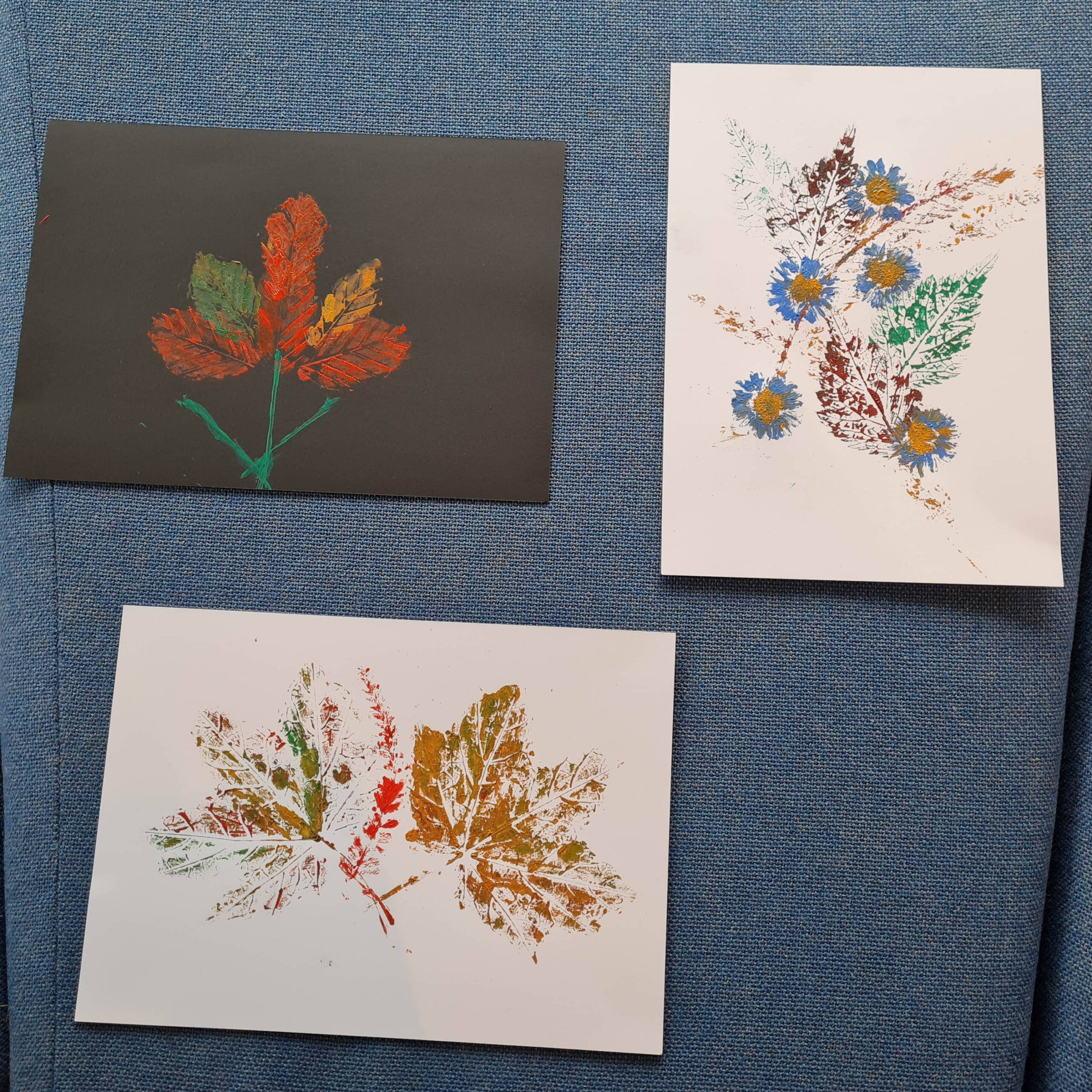
All the CULTIVATE groups have begun to work together towards exhibitions of their work at the end of October. The exhibitions are an opportunity for the groups to hold a space and invite the public into their world view. Whilst assembling their plans for their exhibition, the women of Vinishree’s group talked about a line from activist bell hooks: ‘rarely, if ever, are any of us healed in isolation. Healing is an act of communion’. This act of communion and healing is apposite to the work these groups are doing together. As the world pushes us to separate, isolate, work alone and have it now, we can resist. We can refuse atomisation and isolation. We can instead regard care as a more important, and ultimately more powerful, investment than convenience. Human contact is needed.
With thanks to Lu for sharing her thoughts and photographs!
Join us to celebrate the work created and questions raised by the CULTIVATE groups, and to explore the climate crisis through their eyes – Dear Earth: Creating Hope in a Climate Crisis on 28-29 Oct, in Dundee, and “It’s the End!” Project Echo Final Exhibition on 21 Oct, in Perth.
CULTIVATE is a Culture Collective leadership programme led by Creative Dundee. The programme works with local creative practitioners to place creativity at the heart of climate justice, developing action with communities across the Tay region. Discover more about CULTIVATE and meet our second cohort of Creative Practitioners.

If you would like to support us in creating even better content, please consider joining or supporting our Amps Community.